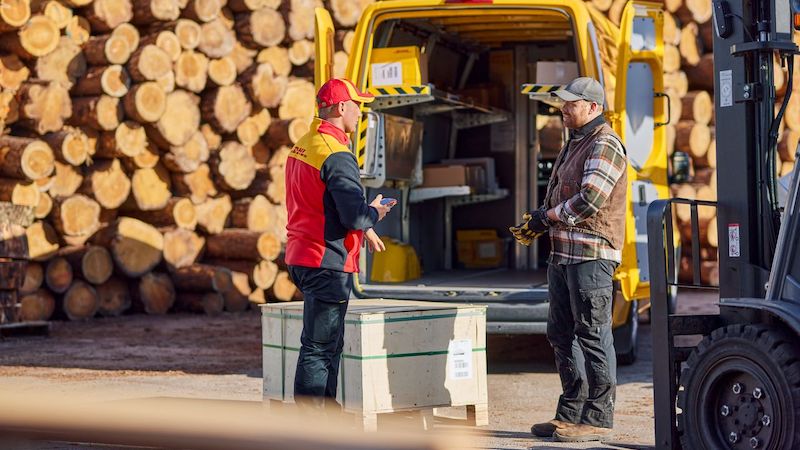Grow your business with the Discover newsletter
Logistics advice & insights straight to your inbox
Subscribe now
The Malaysian lumber industry has evolved over time to become a booming multi-billion dollar sector, with the country being one of the leading producers and traders of wooden products worldwide. The wood produced in Malaysia is considered world-class, and includes high-quality timber products like logs, veneers, plywood, medium-density fibreboards (MDF), and furniture, among others.
This piece discusses all you need to know about the wood and furniture industry in Malaysia, including the kind of products exported from Malaysia and the processes involved in doing so.
Malaysia is home to some of the most exquisite plantation species, each carrying specific properties and uses. According to the Forestry Department of Peninsular Malaysia, the following types of wood are indigenous to Malaysia:
In 2022, the Malaysian lumber industry registered further growth. In the first quarter of the year, the export of timber and other wooden products increased by 8.2% quarter-on-quarter to RM6.54 billion, as reported in the Timber Trades Journal (TTJ) by World Market Intelligence. Wooden furniture, plywood, and sawn wood were the most heavily exported products during this period, with the United States being the largest importer of Malaysian wood and timber (accounting for 30% of these exports), followed by Japan (15%) and China (9%). Other countries to which Malaysia regularly exports wooden products include Singapore, Australia, Thailand, and India.
Exporting wooden furniture made in Malaysia, such as malaysian rubber wood furniture, includes general procedures involved in exportation, along with a few additional documents and permits that are nuancedly essential in the Southeast Asian country. The following sections discuss shipping regulations, taxes to take note of, necessary documents, and important information regarding packaging wooden products for export from Malaysia.
The Malaysian government imposes certain shipping regulations on the export of wooden and forestry products.
Although wooden furniture exports do not require an export permit, exporters must apply for export permits from the Malaysian Timber Industry Board (MTIB) for timber and products made with timber. This includes bamboo, rattan canes, fuel wood, wood charcoal, fiberboards, pulp, frames, moulding, and other products.


When applying for an export permit, one must have their consignment ready for inspection by MTIB authorities. All supporting documents must be submitted a day before the date of inspection.
MTIB issues a computer-generated export permit that is valid for 60 days. This permit does not require a manual signature.
Special approvals from MTIB are required to export Malaysian rubber wood sawn, endangered timber products, rattan, coconut trunk, oil palm trunk, and plantation logs. Sellers may apply for these at the MTIB’s Headquarters in Kuala Lumpur.
Additional taxes may be imposed on certain Malaysian wood and timber products on top of customs tariffs and taxes under the Timber Cess (Amendment) Order 2020. Wooden exports that fall under this category include coconut trunks, sawn timber, dressed timber, moulding, the veneer of oil palm trunks, plywood, coconut trunk, and more.
No additional taxes are imposed on medium-density fibreboard (MDF).
The documents required for exporting wooden furniture and timber products from Malaysia include:

Appropriately packaging wooden and timber products for export is essential to ensure their safety during shipping and transport. This may be a challenge, especially in the forestry industry, as these products are often oddly shaped, large, and heavy. Furniture, for instance, should be cushioned adequately with bubble wrap and foam before being placed in larger boxes.
To box these items, you may consider using pallets, crates, dunnage, and other specialised wooden structures or units. Also, the packages must be marked with the appropriate labels and handling instructions. Incorrectly packaged shipments or not using the right labels can result in damages and profit loss.
To ensure the safety of your wooden exports and other shipments, be sure to choose a reliable shipping provider for all your timber exports. This way, you can rest assured that your products reach their destination both on time and in excellent condition.